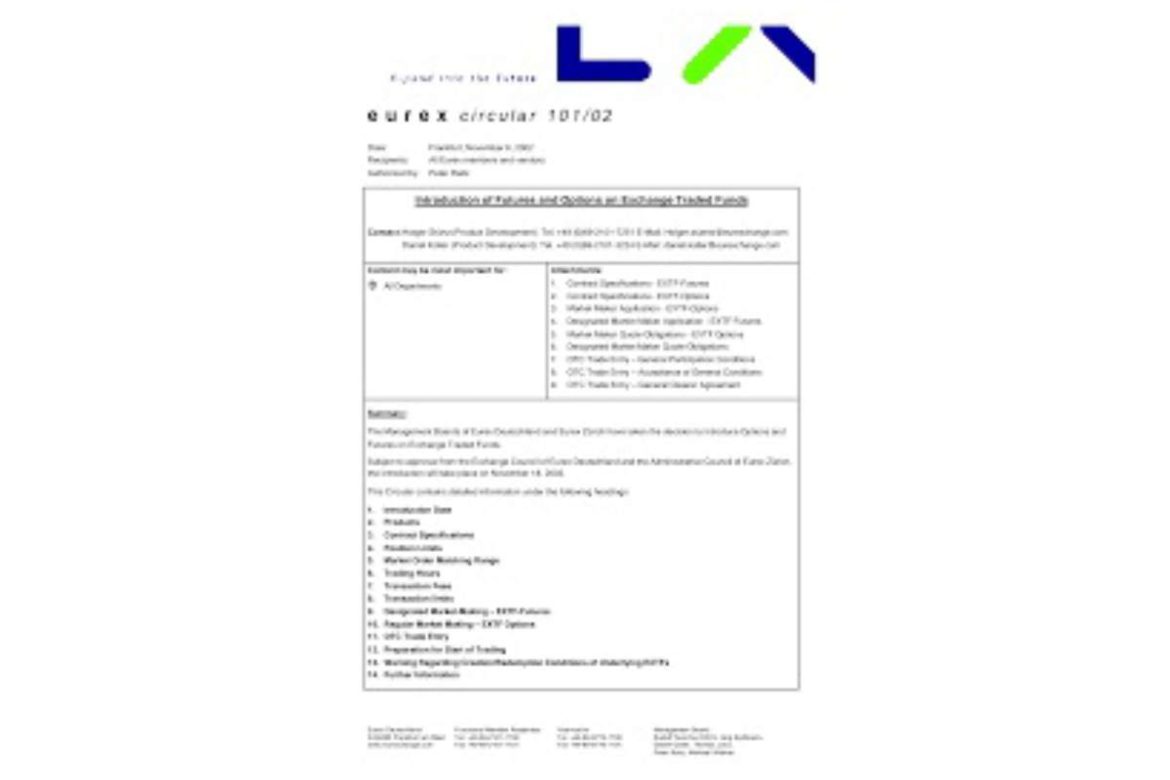Market making is a process of creating a position in a futures contract. A market maker makes a profit or loss on a position, depending on the price of the contract. The amount of money that the market maker has to pay to cover losses or make a profit is called margin. There are two types of margins: initial and maintenance. In the first, the market maker puts up a certain amount of money with the clearing organization, which is then used to cover losses or to make a profit.
Maintenance margin is the amount of money that the market maker must keep on deposit at all times. It is a part of the futures trader’s account. If the market maker loses money on a position, the broker issues a margin call. The market maker must also respond to a quote request. This ensures that the market is fair and allows for trading at the prevailing market price.
There are a variety of reasons why someone may want to become a market maker. They may want to diversify their portfolio or minimize risk. Leverage is also a factor, as it can help an investor achieve larger returns.
Futures market making is a process that is approved by exchanges. It can be done in a physical or electronic manner. Electronic exchanges are less constrained than physical markets, and they allow for an unlimited number of market makers. Futures market makers can be used in different areas, such as currency, commodity, stock market indices, and more.
Market makers are professional traders who think differently than retail traders. They have the knowledge and experience to make trades quickly, and to manage risk. Their positions are based on trade data from various markets. When the price of the contract rises, the market maker makes a profit; when the price falls, they make a loss. Therefore, the market maker can be seen as a bridge between natural buyers and sellers. As a result, they provide liquidity in the financial derivatives markets.
You will find retail investors on websites such as Investors Hangout posting on stock message boards about stocks. These investors often monitor daily stock trades.
Market makers are compensated with trading privileges, and they are granted fee rebates for fulfilling obligations. These include quoting requests, collecting inventory, and ensuring that positions are filled at the appropriate price. Moreover, the market maker can reduce the spread of the market, thus reducing transaction costs for traders.
While there are several benefits to becoming a market maker, it does require some commitment. Those who wish to pursue this profession must meet certain qualifications. Also, the amount of risk a market maker can take on with his or her capital is limited. Some market makers prefer to hedge their risk by using derivatives to reduce the risks of their positions.
Whether you are a novice or an experienced trader, becoming a market maker can be beneficial to your future. It’s a way to make a profit in the market, while still managing your risk. Having a professional handle your trading can help you avoid making mistakes that could cost you a lot of money.

